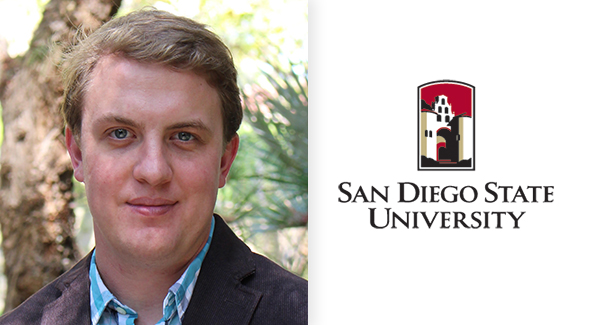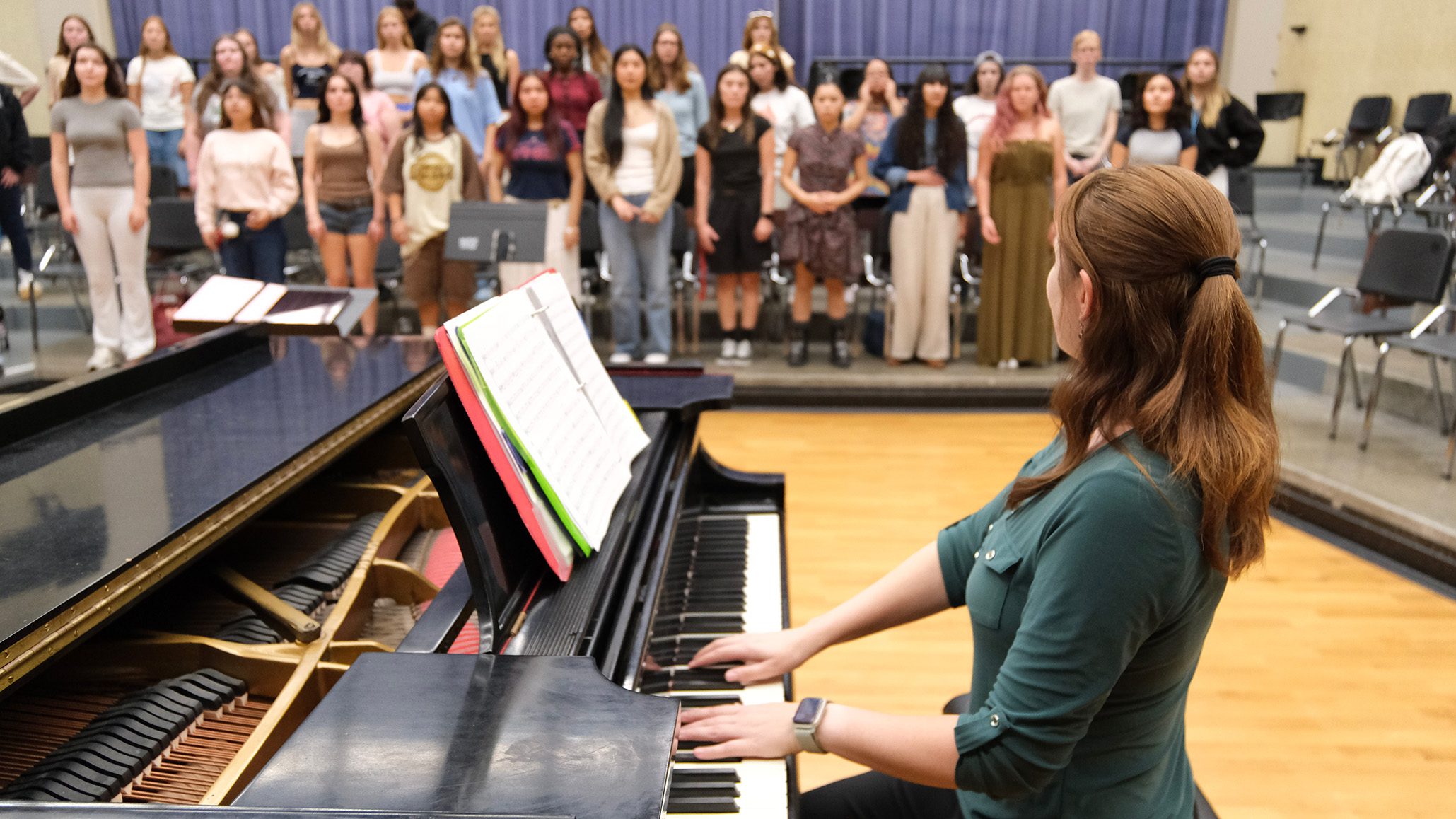The Presidential Inauguration, Explained by Stephen Goggin
SDSU political science lecturer Stephen Goggin answers questions about the swearing-in of a new commander-in-chief.

“Inaugurations typically have something of a triumphant theme, but this year’s, while still positive and hopeful, is likely to be more muted.”
President-elect Joe Biden will be sworn in as the 46th president of the United States of America on Wednesday, Jan. 20, on the steps of the U.S. Capitol. Both Biden and Vice President-elect Kamala Harris will take the oaths of office shortly after noon, followed by an inaugural address.
But due to the COVID-19 pandemic, in-person attendance is expected to be greatly diminished in order to allow for social distancing as part of COVID-19 safety measures.
The SDSU News Team spoke with San Diego State University political science lecturer Stephen Goggin to discuss the history and evolution of the presidential inauguration and how the event came to be.
When was the first presidential inauguration? How have inaugurations evolved and in what ways do you expect the pandemic to affect the presidential inauguration?
In 1789, President George Washington took the oath on a balcony in Federal Hall in New York overlooking a crowd. In many ways, modern inaugurations are quite similar to this original one — a public spectacle surrounding a simple oath, provided by Article II of the Constitution. With the government’s move to Washington, D.C. and the growth of the executive branch, inaugurations took on more pomp and circumstance, but the core remains the same. Modern inaugurations often involve large crowds viewing the inaugural platform built for the occasion at the U.S. Capitol as well as numerous balls at various locations around D.C. Given the pandemic, many events and galas are canceled and people are being dissuaded from gathering on the National Mall to observe the ceremony.
What do you expect will be the main points of President Joe Biden’s inaugural address?
Inaugural addresses often mirror the tone and points made during candidates’ campaigns for the office. Often, new presidents — those not being inaugurated for a second term — focus on laying out their plans for the presidency and the issues they believe deserve quick attention, encapsulated in an overarching theme. Given the “Build Back Better” slogan for Joe Biden, as well as his emphasis throughout pre-election campaign speeches on bridging the numerous divides in the nation, it’s likely he’ll focus on a unifying message. We can expect him to lay out his plans to grapple with the current major problems facing the nation, particularly the pandemic, and lay out an optimistic plan for reconciling the stark political division in our society.
How important is the inauguration in setting the tone for a presidential administration?
While the inaugural speech and the inauguration are important, they arguably aren’t the central act that matters in terms of defining the tone of a new administration. In many cases, the actions presidents take in their first 100 days of the presidency often set a more impactful tone. In particular, the early executive orders they issue, the early legislation they attempt to champion, and other travel and speeches are often remembered more by Americans than the inaugural speeches.
Who organizes and manages the presidential inauguration? When does set-up and construction for the event typically begin?
As part of their transition, presidents form an inaugural committee that coordinates not only the ceremony, but also many of the events surrounding the ceremony. The physical inaugural platform is designed and built by the Architect of the Capitol, and construction typically starts the year prior to the election. In addition to the inauguration, the president-elect must manage the transition process and build out their cabinet and administration. Thus, the inaugural committee for a president, funded through donations, is tasked with separately managing all of the events surrounding the inauguration itself, and the president-elect and his or her closest advisors are often not closely involved.
Kamala Harris' swearing-in as vice president will receive far more attention than VP swear-ins in the past. In what ways will it make a lasting impression on the country?
It represents a number of firsts for the role of the vice president: the first female VP, as well as the first Asian-American or African-American to hold the office. Thus, the swearing-in will likely draw a lot more attention than usual. We know that descriptive representation — having elected leaders that represent characteristics of those they represent — can be quite important for individuals’ perceptions of government. So, having a vice president with these characteristics is an important historical milestone that can shape the way many individuals view the presidency and executive branch.
What is a fun fact about the presidential inauguration many people may not be aware of?
Because the Constitution provides a very specific verbatim oath in Article II, Section I of the Constitution, the oath of office has to be very carefully taken. When Barack Obama was sworn in on January 20th, 2009, Chief Justice John Roberts asked President Obama to repeat the words “I will execute the office of president to the United States faithfully” instead of “I will faithfully execute the office of president of the United States.” Although this was a very minor change to the wording -- swapping the position of “faithfully” — Chief Justice Roberts nevertheless reissued the oath to President Obama at the White House later that day. The Constitution provides few specifics about the role of the President, but it is very specific about the oath, the only thing that actually has to take place on inauguration day.
The Biden inauguration will be far different from any previous ceremony, scaled back due to COVID-19 and more somber following the Jan. 6 attack on the Capitol. How will these affect the way the event unfolds and how it is remembered in history?
Both the pandemic and the violent attack on the Capitol last week will change the tone of the inauguration. Inaugurations typically have something of a triumphant theme, but this year’s, while still positive and hopeful, is likely to be more muted. The pandemic will also affect how the inauguration itself occurs quite a bit, as the Biden inaugural committee is actively encouraging supporters to not travel to D.C. to attend. As with many things we’ve seen in the past year, organizers are attempting to reimagine it in a virtual format. Much like the Republican National Convention and Democratic National Convention (DNC) in 2020, many of the events surrounding the inauguration will be held remotely or with social distancing and other measures. In fact, the Biden inaugural committee has announced plans to hold a “virtual parade across America,” likely similar to the DNC roll call of delegates. While the inauguration and parade will still formally happen, they’ll likely be redesigned significantly for presentation via video, rather than in-person attendance. Given the violent attack on the Capitol, the event will also entail higher security, although given the precautions due to the pandemic, these changes will likely be less visible to those watching from home.



